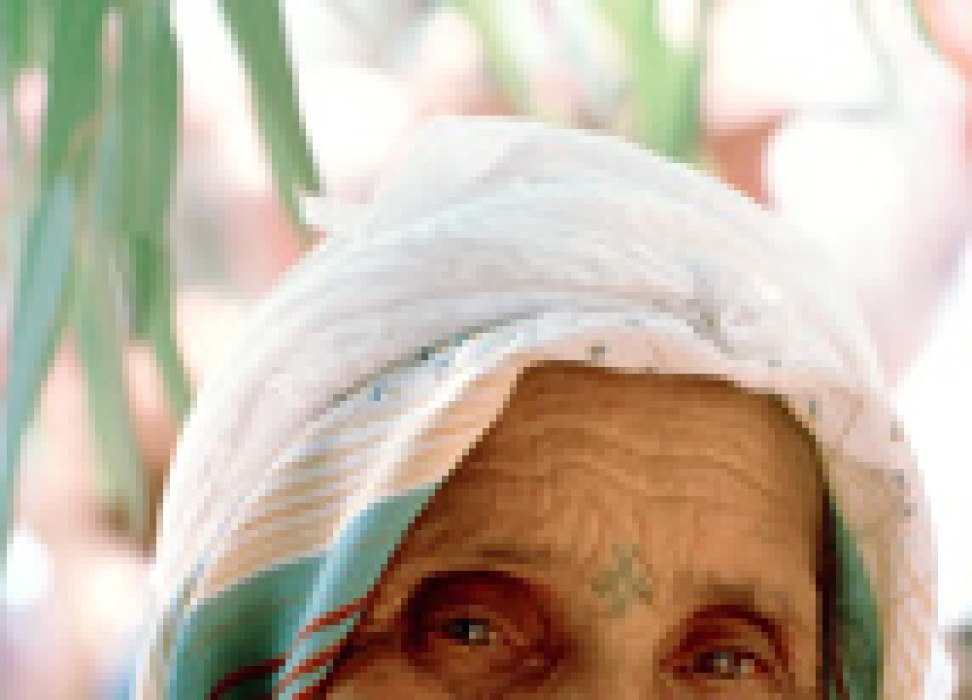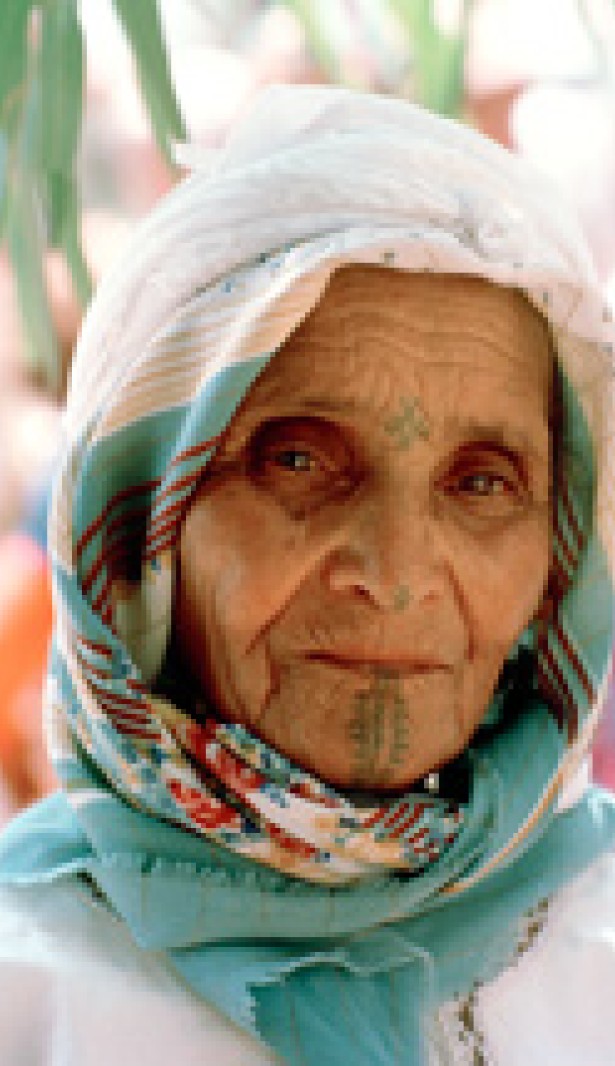Older persons, “free and equal in dignity and rights”
03 October 2012

In our world today, some 740 million older persons inhabit the planet. By the end of the decade, that number is set to reach an overwhelming 1 billion. In 2045, for the first time in the world’s history, there will be more older persons than children. By 2050, seniors will represent 20% of the world’s population.
“The invisibility of so significant a population group in the international human rights framework is itself a statement of society’s priorities, and of its neglect of their rights,” said Craig Mokhiber, Chief of the Development and Economic and Social Issues Branch at the United Nations Human Rights Office at a recent intergovernmental meeting on ageing.
He expressed concern over the fact that today, no international human rights covenants nor treaties explicitly prohibits age discrimination, especially at a period in time when “evidence of ageism is increasing.”
Age-related discrimination can take many forms, such as being denied the right to work, the right to social security, the right to essential services. They can affect the whole range of economic and social rights. Furthermore, older persons are in many cases denied a voice in political processes, according to Mokhiber.
“Older persons represent a large and growing constituency who, like all of us, are entitled to live, in the words of the Universal Declaration, ‘free and equal in dignity and rights’,” he said.
Seniors in many countries across the globe suffer from institutional neglect and abuse. “We have all heard the heartbreaking stories of elders denied care, forced to live in unsanitary conditions, subjected to physical abuse, sequestered against their will, and exploited financially and otherwise,” he said.
However, the problem in this area is not necessarily that there is a lack of resources, explained Mokhiber, but rather that there is an absence of international and national rights-based standards for long-term and institutional care.
Statistics indicate that millions of seniors have been injured, exploited, or suffered other kinds of mistreatment by someone on whom they depended for care or protection, both in the developed and developing world. This worrying trend has in recent years increased in many countries.
According to Mokhiber, many in the international community are already promoting the adoption of an international convention on the human rights of older persons. He highlighted that such a convention could make the shift “toward the recognition of older persons from victims to rights holders.”
“Think of the power, the experience, and the potential that can be unleashed from within the 740 million older persons who occupy this planet today, if we can only push aside the tired old prejudices, the failed paradigms, and the self-defeating restrictions on their rights,” he added.
The United Nations General Assembly designated 1 October the International Day of Older Persons on 14 December 1990. The theme of the 2012 commemoration is “Longevity: Shaping the Future”. This year’s theme focuses on how healthy behaviors throughout life can help older persons lead full and productive lives and be a resource for their families and communities.
3 October 2012

VIEW THIS PAGE IN:
